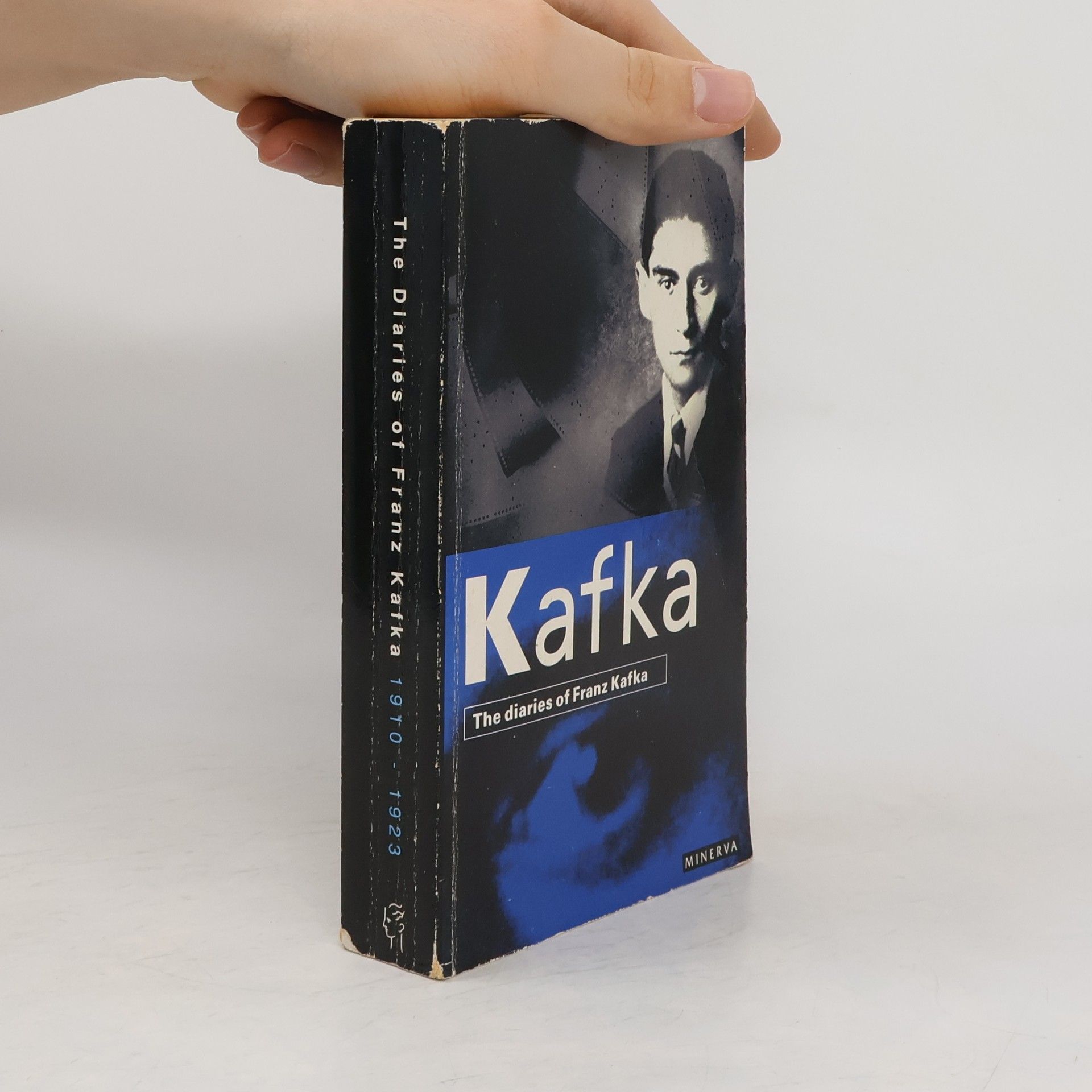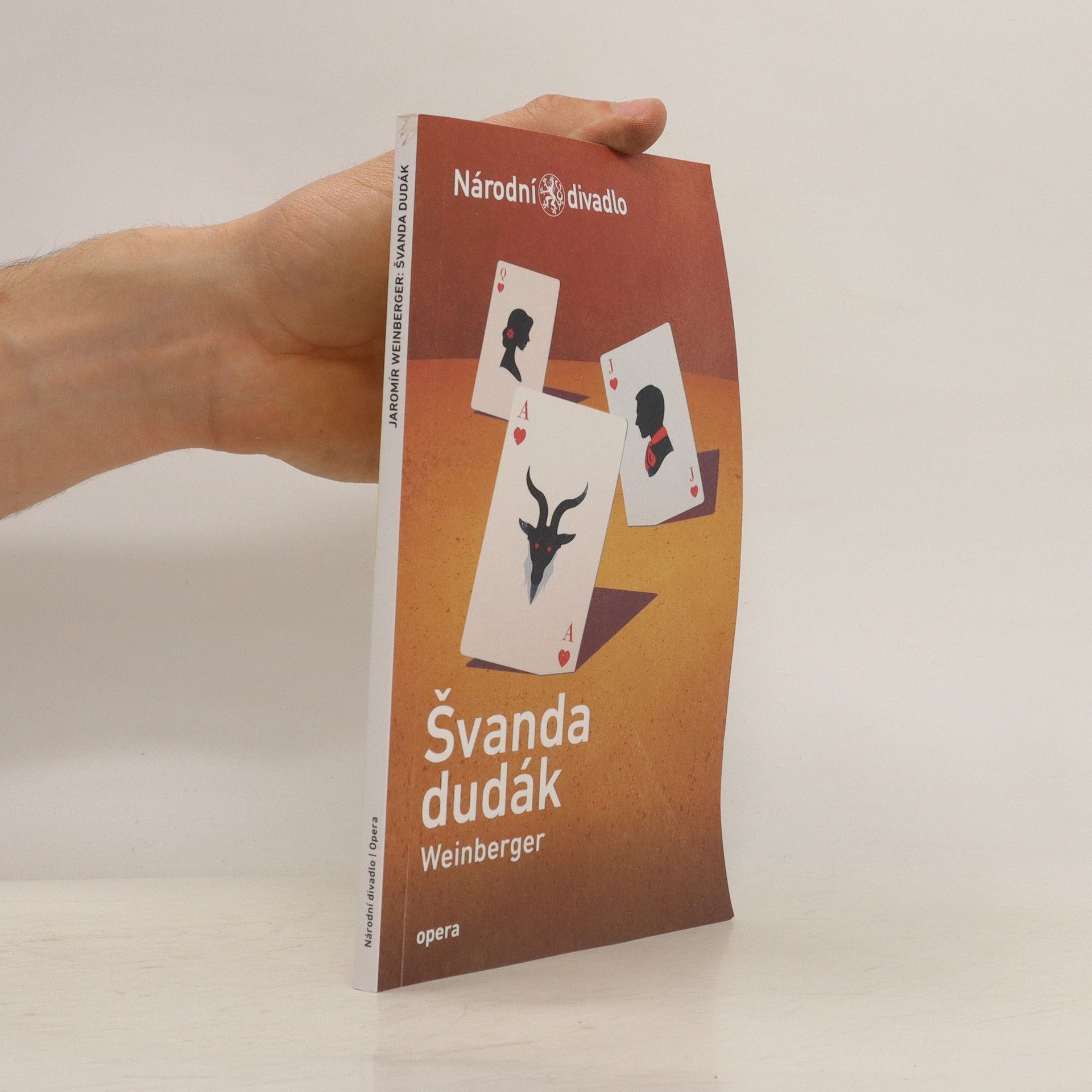Johannes Reuchlin und sein Kampf
Eine historische Monographie
Max Brods Biographie eines streitbaren humanistischen Gelehrten. Max Brod, eigentlich mehr Erzähler als Historiker, widmete sich intensiv der Lebensgeschichte Johannes Reuchlins (1455-1522), dem mutigen Verteidiger des Talmud, und fügte diese zu einem intellektuellen Panoptikum zusammen. "Vom Wunder wirkenden Wort" – dieser Titel von Johannes Reuchlins erstem Buch über die Kabbala kann als Motto über seinem ganzen Leben stehen, und dies in seiner vielfältigen Bedeutung. Als Richter des schwäbischen Bundes glaubte er an das Recht schaffende Wort, als Diplomat im Dienste des Grafen Eberhard schmiedete er mit Worten Allianzen. Doch waren es die geheimnisvollen hebräischen Wörter, die Reuchlin faszinierten. Als Verfasser einer Grammatik und Deuter ihrer Wundermacht mit dem Wissen der Kabbala, aber auch als katholischer Christ und Begründer der christlichen Kabbala war er Verteidiger und Missionar der Juden zugleich. Max Brod beleuchtet in seiner Biographie Leben und Werk des bedeutenden Humanisten. 1965, unter dem Eindruck der Shoah im Exil in Palästina geschrieben, zeugt dieses Buch dennoch von einer Liebe zur deutschen Sprache, der Hochachtung vor einem den Juden beistehenden Deutschen. Deutlicher wird zudem der Stolz auf die neue hebräische und staatliche Gegenwart.









